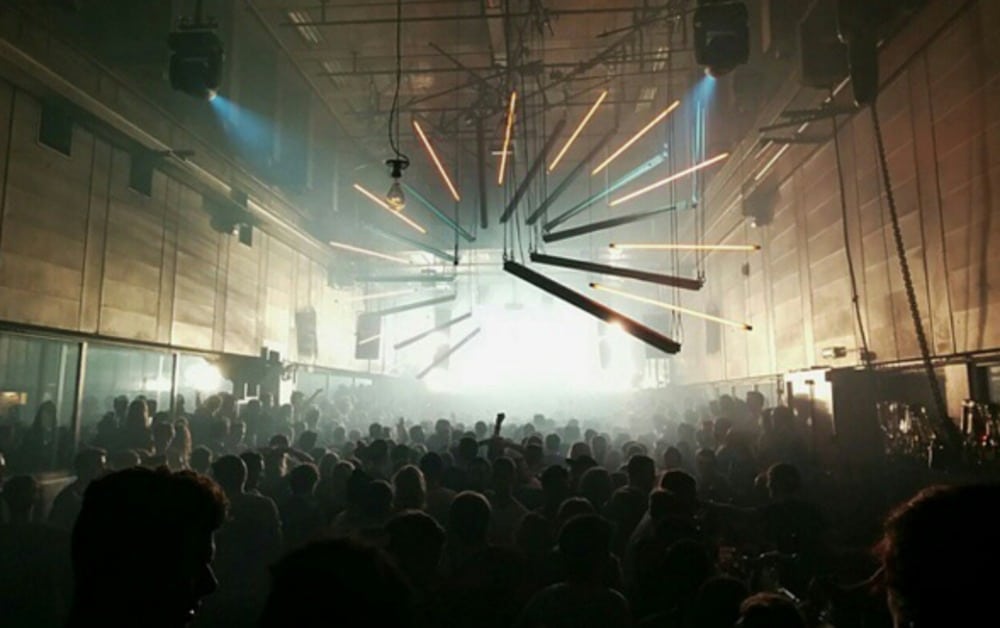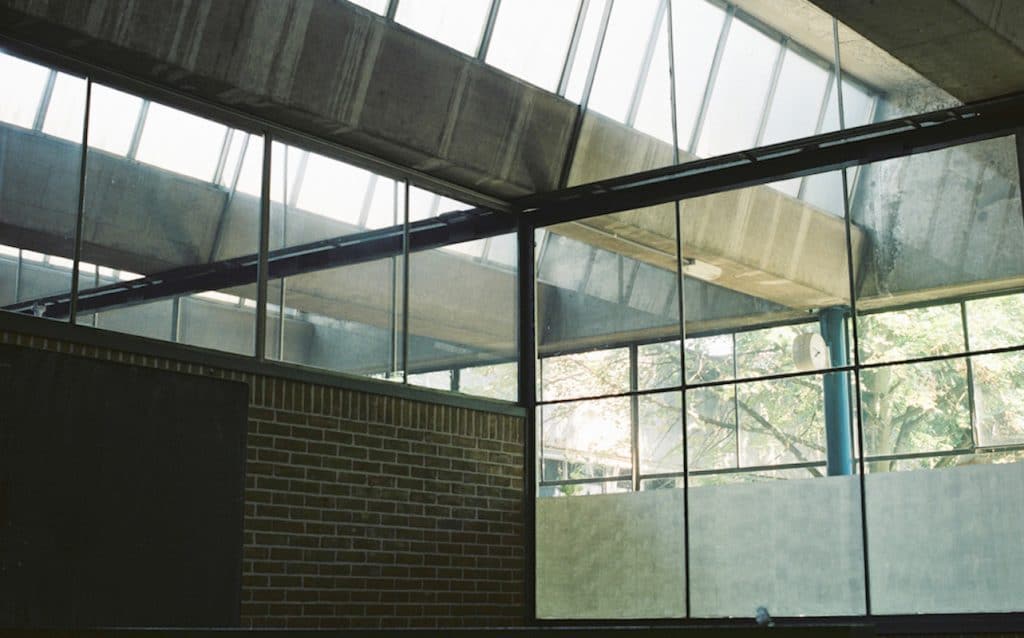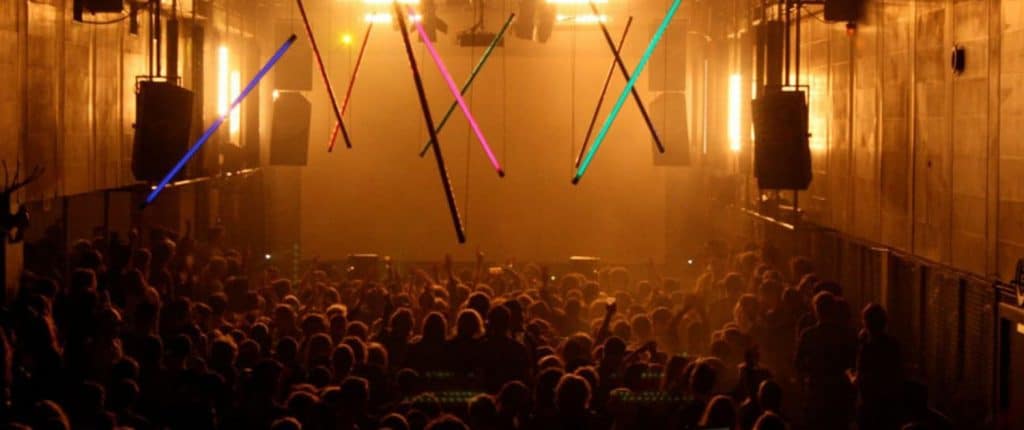It can take decades for a nightclub to reach legendary status, a reputation that often builds slowly over many years and that many venues will never achieve at all.
However, it took just four years for De School, Amsterdam, to develop this level of notoriety, quickly climbing the ranks of many ‘world’s top nightclub’ lists and being billed as a venue that every visitor to the Dutch capital should experience at least once. Unfortunately, thousands of would-be visitors will now never get the chance.

Opened in 2016, De School promised something a little different to its guests. It was more than just a nightclub – the De School premises also included a cafe, restaurant and exhibition space, too. The idea was that there would be something there for everyone and, with the establishment granted a 24-hour licence, that visitors could enjoy every element of the De School for as long as they liked.
Much of the focus on De School was on showcasing the very best that Amsterdam had to offer, with a strong focus on local chefs, artists and DJs in providing for the guests. Unlike many of the world’s other top-rated clubs, DJ residencies weren’t granted to huge international names, rather upcoming DJs from around the city filled slots at De School on a rotating basis, offering plenty of variety to clubgoers. This was an establishment designed to give tourists from around the world an authentic taste of the Amsterdam culture through the means of art, music, food and entertainment.
A bold mission for the establishment, especially given that the team behind De School were always on a limited timeframe – their lease on the disused technical school building that housed the venue was signed for just five years and was always intended to be temporary. Could five short years really be enough time for any venue to gather the momentum needed to build a loyal fanbase, famous reputation and iconic status?
It certainly could. In many ways, the short time-frame gave the venue an air of exclusivity – a feeling of ‘when it’s gone, it’s gone’ that convinced many visitors to plan a trip to the area with little hesitation, the promise of being one of a small percentage of people that could say ‘I was there’.
Its focus on local talent also contributed in its own way. Overseas visitors arrived at De School in the hopes of seeing someone who represented the best of Amsterdam, and very few left disappointed. The venue didn’t need to tempt visitors in with big-name line-ups announced months in advance or by promising huge, international stars – in many cases, they announced line-ups just days before an event, if at all. It gave De School a sense of intrigue, with visitors having no idea who they’d see during their visit, yet remaining confident that they’d be pleased with the outcome.
With this in mind, the team also liked to keep press exposure to a minimum, preferring to attract new clientele through word-of-mouth – again, an incredibly risky strategy for a club that had a clock ticking down to closure from day one, but a strategy that certainly worked.

It wasn’t long before De School was seeing thousands of visitors each and every day, queues outside the nightclub at all hours due to its fairly limited capacity of 500. Some would start their visit with a look around the art exhibition and a bite for lunch in the early afternoon and leave the nightclub at 10am the next day. The party at De School never stopped – it just got better and better. Despite the intrigue and exclusivity of De School, it avoided ever feeling pretentious, instead providing visitors from around the world a welcoming, safe and friendly place to let loose for as long as they liked.
Before long, De School was considered an icon of Amsterdam nightlife, an undebatable must-visit spot for any and all who found themselves in the city – certainly the most celebrated nightclub in the Netherlands and, to many, one of the greatest in the world.
However, at the height of its popularity and over a year before the scheduled closure of the venue, it would all grind to a screeching halt.
The COVID-19 pandemic brought with it struggles for millions of businesses across the world, forcing any business which relied on the attendance of large numbers to close indefinitely in the first half of 2020 – nightclubs, of course, amongst the worst hit. While De School was able to open the doors of its restaurant and art centre for a portion of the last year, the nightclub was unable to follow suit.
Towards the end of the year, De School was forced to issue a statement informing thousands of disappointed fans that – whilst its restaurant and art centre would continue to operate as normal once lockdown restrictions were lifted – financial struggles meant that the doors to De School had closed for the final time.
It was a shock to many – without even the chance for one last party at De School, the iconic nightspot, a venue which had provided a highly-coveted platform for creatives across Amsterdam and an environment for tourists from around the world to let loose, was no more. The decision was made, the team stated, to prevent the entire business from collapsing under ‘total bankruptcy’.

While De School is not the only nightclub to have suffered this fate in the past year – thousands across the world have found themselves in a similar situation – this is one of a few nightclubs that will leave a noticeable void in the nightlife of an entire capital city.
Part of the intrigue of De School was always the feeling of urgency involved in visiting before its planned closure at the end of this year.
For those who were lucky enough to do it, those memories are now that little bit more special.
